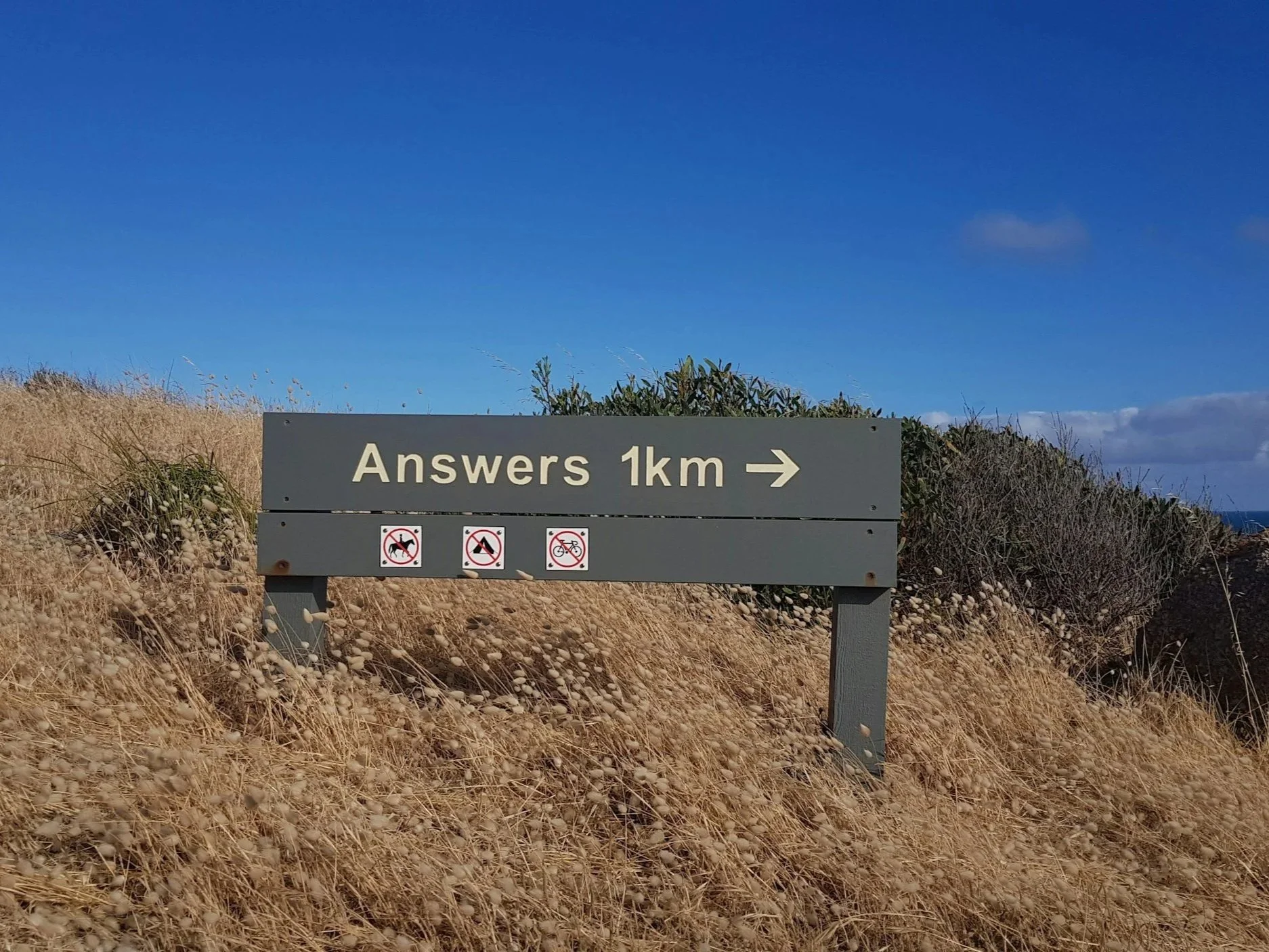We’d Like Some Answers
The other night, my husband and I were watching The Chosen, and one of my favorite things about this show is how it depicts the disciples wrestling with what Jesus is doing (or not doing) and why certain events and struggles happen. Why doesn't he heal everyone? Why did he allow Lazarus to die? Why did he only raise Lazarus and no one else?
These kinds of questions have been around for thousands of years. And I'm not sure we've gotten much closer to an answer, at least not one that satisfies our human need for closure.
But I keep coming back to what God says to Job when Job didn't understand his suffering: “Where were you when I established the earth?” (38:4). God then continues to question him: Are you in charge of the morning? Do you control the clouds? Do you give the horse its strength? Eventually, God says, “Will the one who contends with the Almighty correct him? Let him who argues with God give an answer” (40:2).
Job replied, “I am so insignificant. How can I answer you? I place my hand over my mouth. I have spoken once, and I will not reply; twice, but now I can add nothing” (40:4-5).
It is a grace that Scripture so often shows us how others have had the same kinds of questions we have. We wonder why God does what he does or why he allows suffering. But at the end of the day, all we can do is admit that compared to God, we are so insignificant. We have no idea how to run the world or keep the universe going. We do not know how to put the moon in place or how to calm the waters. We can ask all kinds of questions of God, but when he responds with his own questions to us, we've got nothing.
But still, even in our insignificance, we have a God who loves us with a never-ending love. Being insignificant in Job's words doesn't mean worthless–Job is simply admitting his smallness compared to God's grandeur. We are finite, but we are valued. We are loved. We are held. God so loved the world that he gave us his Son. He loved Job, and he loves you, and he loves me.
We want answers, though, don't we? We want explanations we can comprehend. Even more than that, we want explanations we agree with. But as A.W. Tozer wrote, “[God] owes nothing to the worlds His hands have made.” Besides, he is so far above and beyond our view and understanding that our minds probably could not process the answers even if he gave them to us.
So we're still left with our questions–and sometimes all we can do is continue to bring those questions to Him. We lament like the psalmists and Job, and in our lament we find hope as we keep coming back to a God who can be a mystery to us. We bring him our doubts, our fears, our complaints, and then take one more shaky step of faithfulness in our everyday lives.
We may not have the tidy answers we want from God. But, as one author wrote, we have a story. Consider these words from Tish Harrison Warren in Prayer in the Night:
“Francis Spufford writes, 'We don't have an argument that solves the problem of the cruel world, but we have a story.' This is why, no matter what we claim to believe or disbelieve, what rises to the surface in our most vulnerable moments is inevitably the story on which we build our lives.
Christianity does not give us a concise explanation for vulnerability, loss, or pain, but it gives us a story–a real story in history.”
I don't have answers to the questions many of us are asking. But I do have a story. And it's a true story. It's a good story. And it's a story where, as Tolkien once wrote, everything sad will come untrue.
